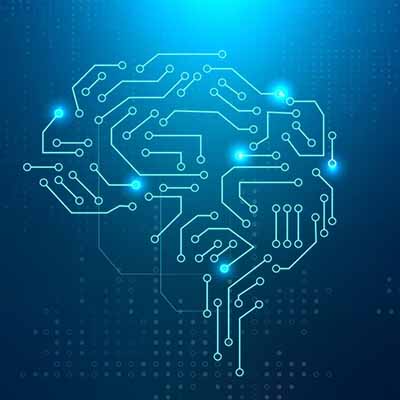
Generative AI, or gen AI, is a type of AI that can create new content and ideas
Generative artificial intelligence, also known as generative AI or gen AI for short, is a type of artificial intelligence (AI) that can create new content and ideas, including conversations, stories, images, videos, and music.
It can learn human language, programming languages, art, chemistry, biology, or any complex subject matter. It reuses what it knows to solve new problems.
One of the most promising generative AI use cases is accelerating drug discovery and research. Generative AI can create novel protein sequences with specific properties for designing antibodies, enzymes, vaccines, and gene therapy.
Healthcare and life sciences companies use generative AI tools to design synthetic gene sequences for synthetic biology and metabolic engineering applications. For example, they can create new biosynthetic pathways or optimize gene expression for biomanufacturing purposes.
Generative AI tools also create synthetic patient and healthcare data. This data can be useful for training AI models, simulating clinical trials, or studying rare diseases without access to large real-world datasets.